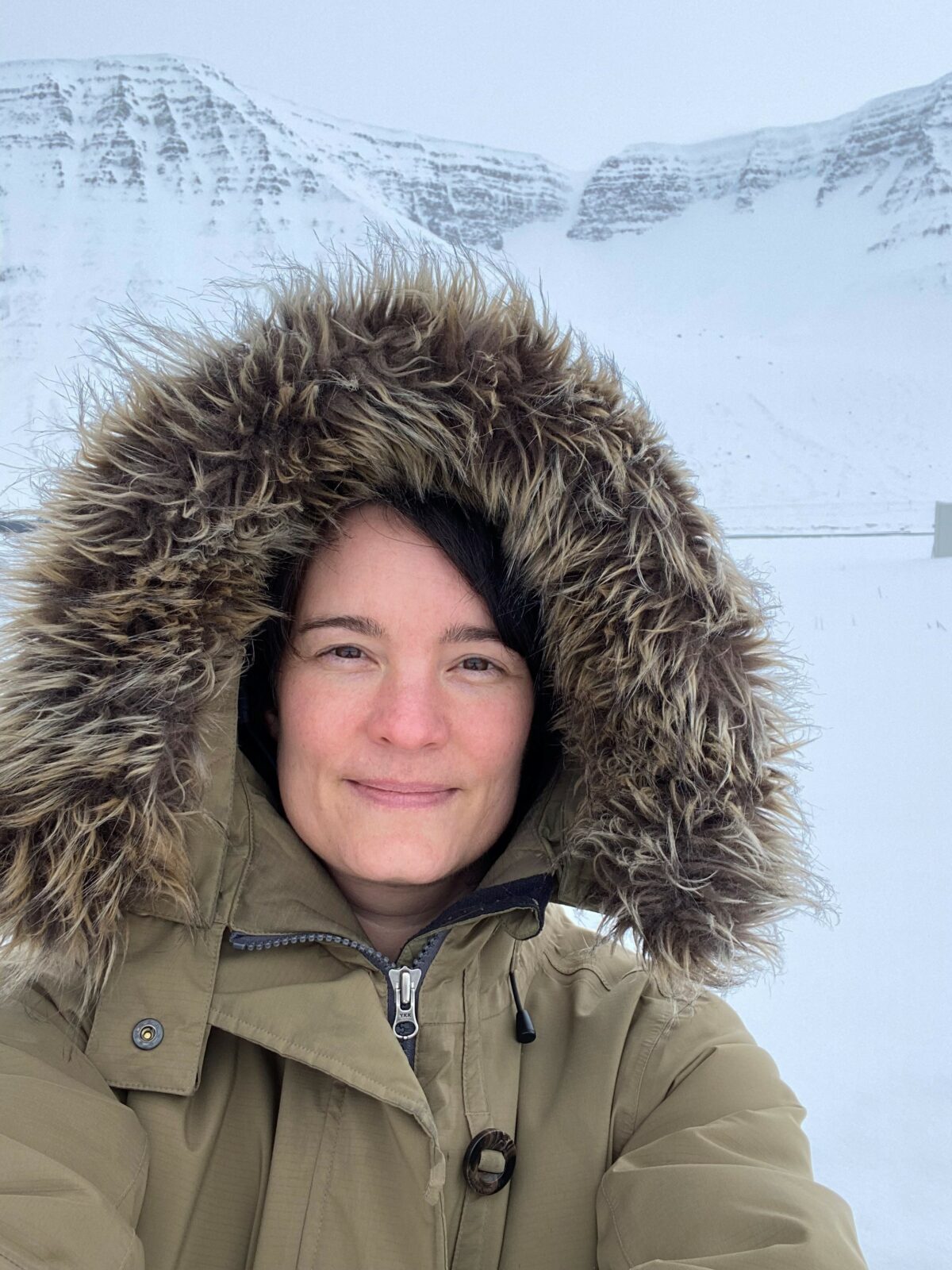The Invasion of Ukraine and Impacts on Arctic Science and Science Diplomacy

The unprovoked invasion of Ukraine by Russia has already resulted in a grave humanitarian crisis which will have many unknown long-term impacts, and it can be difficult to understand and project what these impacts may be. One such impact with potentially serious consequences is the strained relationships in science diplomacy and Arctic cooperation.
Fulbright is founded on the very principles of exchange and cooperation, and the Fulbright community deeply understands the professional, personal, and global benefits of international knowledge exchange and collaboration. Year after year and around the world, we see how science diplomacy and educational exchange contribute to the growth of scholars, specialists, artists, activists, and engaged citizens. Science diplomacy forms personal and professional relationships that contribute to international cooperation at the national and political levels. Even when international relationships are tense or lack good communication, scholars in all academic disciplines can still speak each other’s language – scholarly inquiry, passion for knowledge, and academic collaboration exist outside of national borders.
Now things are different. Because of the blatant violation of international law and human rights by Russia on Ukrainian sovereign land, national governments, organizations, and companies are reacting by imposing sanctions. International science and policy bodies are doing the same. On March 3rd, the Joint Statement on Arctic Council Cooperation from Canada, the Kingdom of Denmark, Finland, Iceland, Norway, Sweden, and the United States condemned Russia’s unprovoked invasion of Ukraine, noting the grave impediments to international cooperation and deciding on “temporarily pausing participation in all meetings of the Council and its subsidiary bodies.” Similarly, the Arctic Science Summit Week to be held March 26th – April 1st in Tromsø will be closed to individuals representing Russian institutions, organizations, and businesses both on-site and online. The International Arctic Science Consortium “unreservedly condemns the unprovoked Russian invasion of Ukraine and the resulting war and loss of life and human suffering this causes” and will take further decisions regarding its international cooperation activities at the Arctic Science Summit Week.
The Arctic is warming at a faster pace than the rest of the world and climate change impacts can already be experienced by the four million people who call the Arctic home. Climate change mitigation and adaption depends on good science. Good science depends on good collaboration. As the International Science Consortium states, “Our capacity to work collaboratively on global challenges, and on cutting edge research such as Arctic and space research, is only equal to our capacity to maintain strong collaboration amidst geopolitical turmoil. Ultimately the isolation and exclusion of important scientific communities is detrimental to all.”
For us in the Arctic research world, this breakdown of collaboration, while certainly warranted given the gravity of the situation, also comes at a cost. We hope for a swift resolution and in the meantime will help to provide support for our colleagues in Ukraine and Russia who are impacted.
Dr. Catherine Chambers
Fulbright Commission Iceland Board Member
Senior Scientist, Stefansson Arctic Institute
Research Manager, University Centre of the Westfjords




